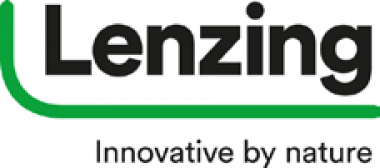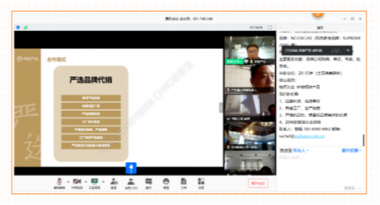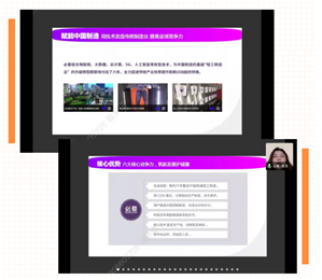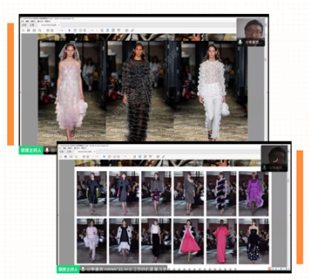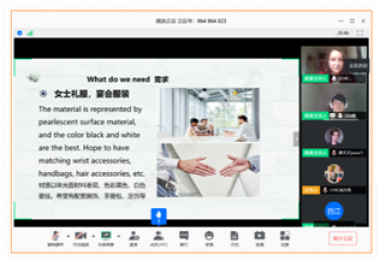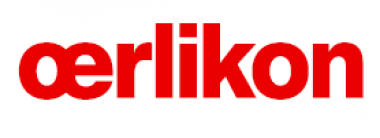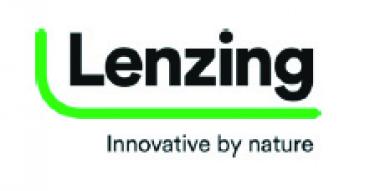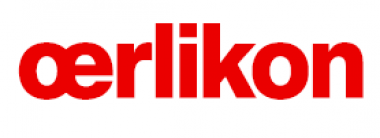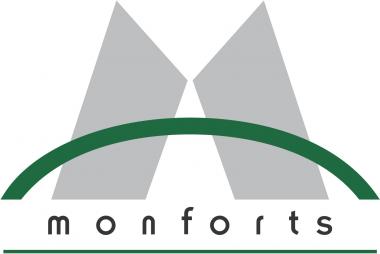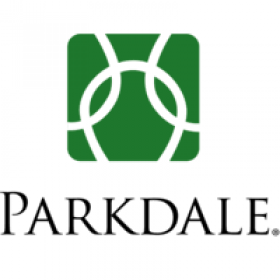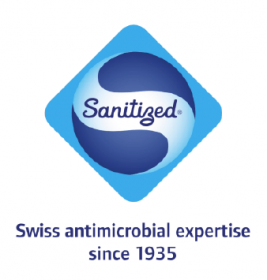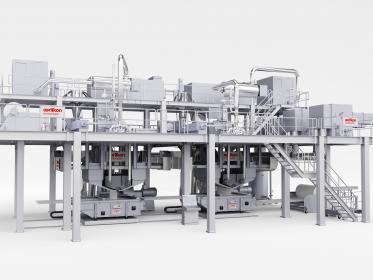Lenzing’s performance impacted by historically difficult market environment
- Fiber prices and demand under pressure due to COVID-19 crisis
- Measures to maintain operations and to protect employees, customers and suppliers implemented successfully
- Hygiene competence center established to produce personal protective equipment in the fight against COVID-19 pandemic
- Strategic investment projects in Brazil and Thailand progressing according to plan
- Management Board proposes not to distribute a dividend for 2019 – AGM rescheduled for June 18, 2020
In a historically difficult market environment with increased pressure on prices and volumes resulting from the COVID-19 crisis, the Lenzing Group held its ground well in the first quarter of 2020. Thanks to a diversified business model and its global footprint on the one hand, and the disciplined implementation of the sCore TEN corporate strategy on the other, the effect on the revenue and earnings development was partially offset.
In the first quarter of 2020, revenue declined by 16.7 percent in comparison with the prior-year quarter and amounted to EUR 466.3 mn. The main reason was the development of prices for standard viscose (due to significant overcapacity in the market) and other standard fibers. The impact of the COVID-19 crisis further increased pressure on prices and volumes. The prices for standard viscose dropped to a new all-time low of 9,150 RMB/ton by March 31 – up to 33 percent lower than in the prior-year quarter. The comparatively positive development of the specialty fiber business and slightly higher demand for fibers in the medical and hygiene segments partially offset the decline in revenue. The share of specialty fibers increased from 47.3 percent in the first quarter of the previous year to 60.9 percent. The earnings development reflects the decline in revenue: EBITDA (earnings before interest, tax, depreciation and amortization) decreased by 24.3 percent to EUR 69.6 mn. The EBITDA margin declined from 16.4 percent to 14.9 percent. Net profit for the period was down 58.6 percent to EUR 17.7 mn. Earnings per share amounted to EUR 0.84 compared with EUR 1.65 in the first quarter of the previous year.
Lenzing AG
Lenzing AG


